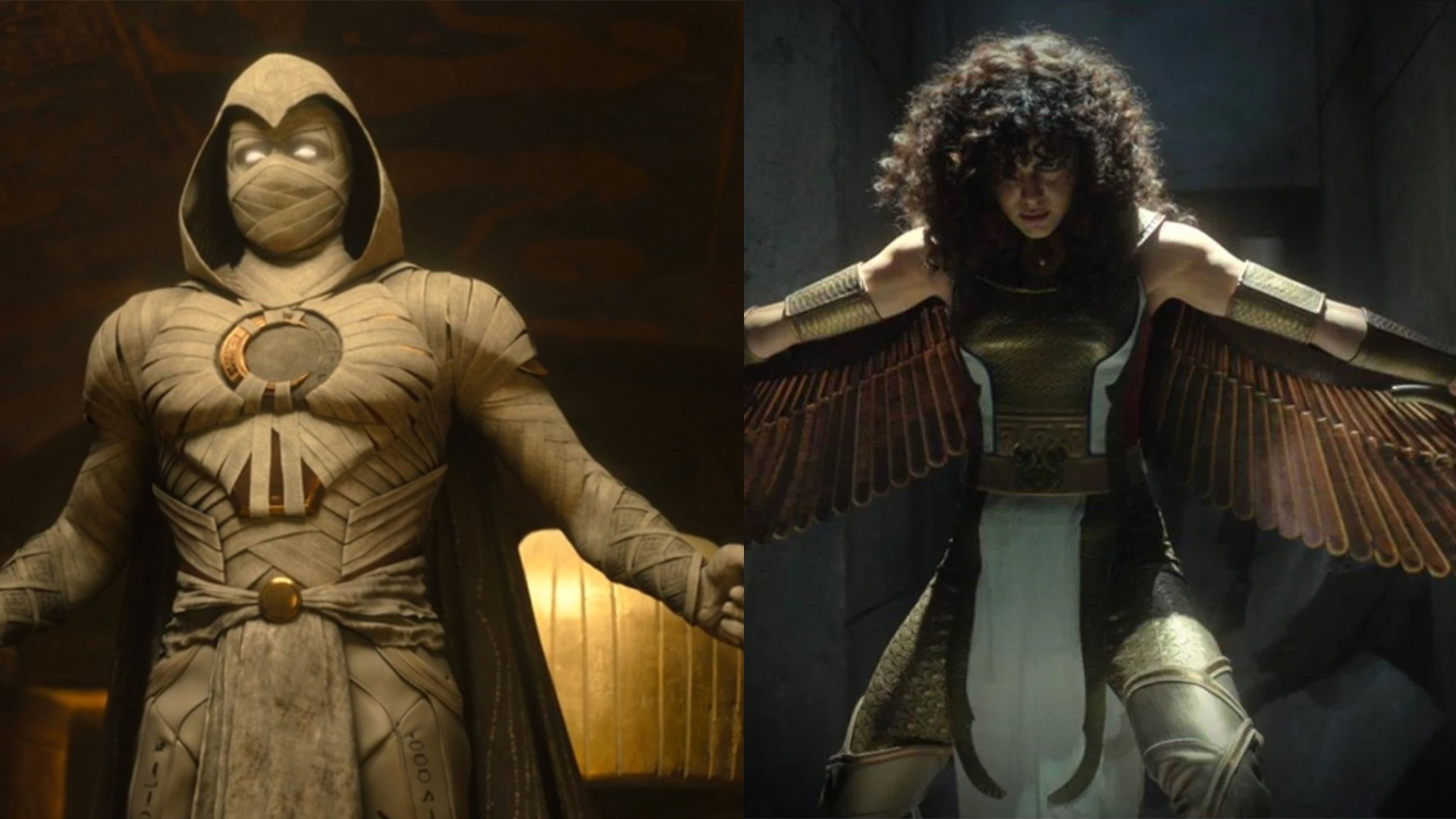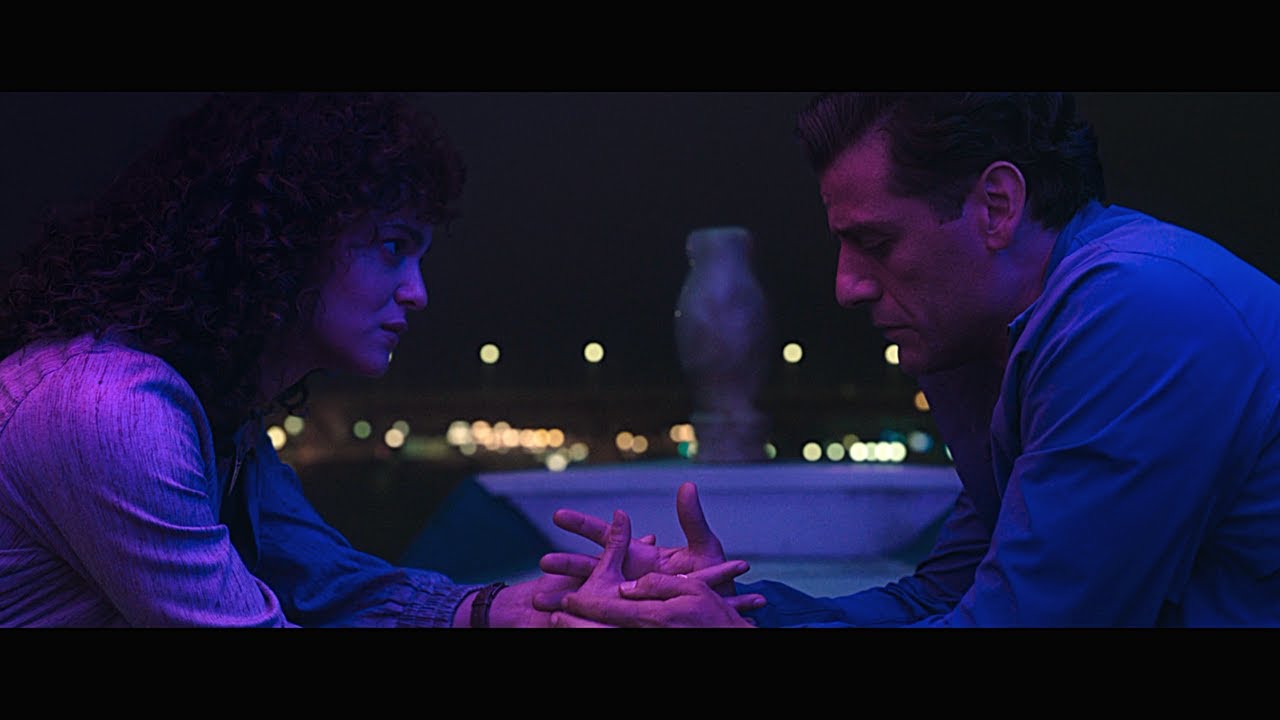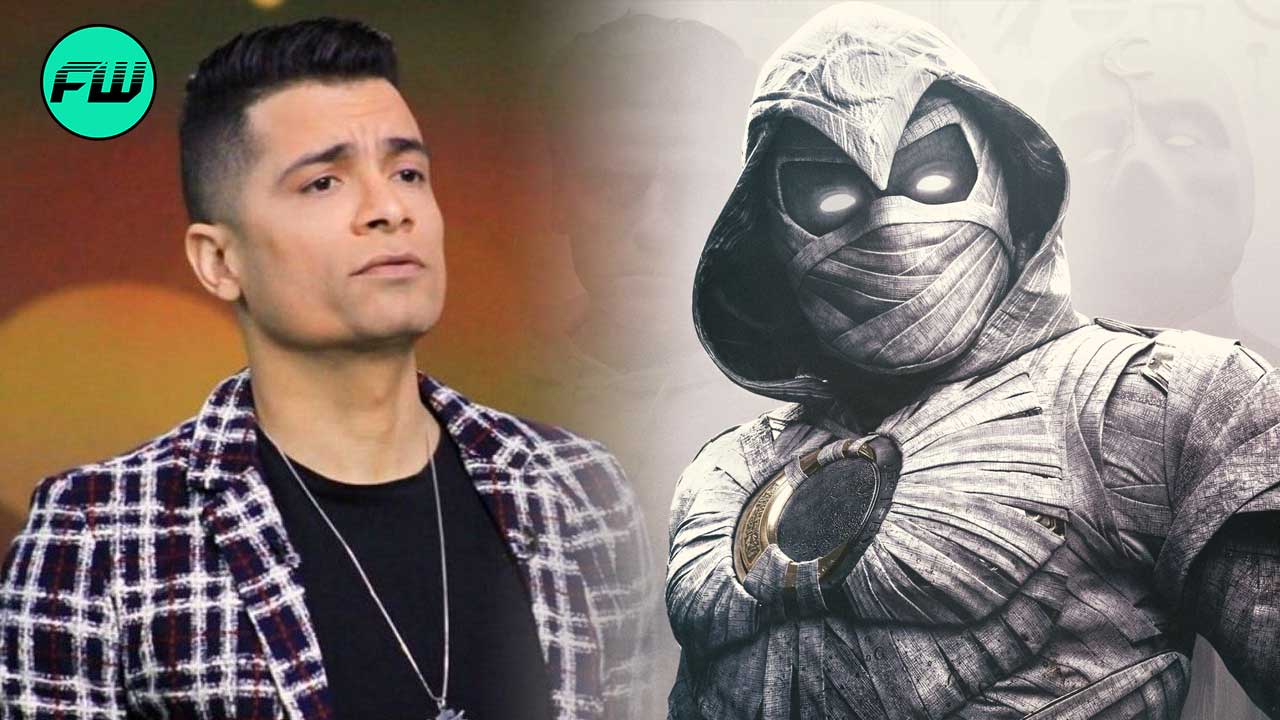Marvel Studio’s collaboration with Disney+ is one of the few good things to have happened to Marvel fans this year. Phase 4 has been introduced in a time that bears a lot more potential to depict socio-political issues that are currently rampant worldwide. And Moon Knight was one of the instruments wielded by the Marvel x Disney+ platform to address those issues. We have witnessed the first season of the new Phase 4 series making rounds for its digression from the MCU’s mainstream American hero ideal. The series also made news for portraying issues about mental health that was never really addressed quite so vastly in any other series or movie produced by the studio. However, these were not the only two issues that stirred controversy in the global arena.

Also read: Unstoppable Egyptian Gods Moon Knight May Face in Season 2
Moon Knight Used as a Platform For Cultural Representation
The series director, Mohamed Diab, brought a barrage of changes to the Phase 4 series. Not only did he address in-depth the severely unacknowledged correlation between trauma and mental health but also used the platform that a globally recognized studio gave him to bring to light the cultural and geopolitical struggles of his home country to light.

Also read: Marvel Brings Back Randall Spector, Fans Convinced He’s Season 2 Villain
Moon Knight Season 1 was inclusive in a lot of ways. First, it was arguably the most controversial Marvel character coming to live-action adaptation. Oscar Isaac had been chosen to play the part of Marc Spector/ Steven Grant/ Jake Lockley. Secondly, the lead character, Marc Spector’s Jewish heritage served as another nod to the particular sect. But, most of all, it was Diab’s insistence on using the show’s Egyptian overtone to showcase the ‘real’ Egypt, breaking down years of Egyptian stereotypes created by Hollywood.
Moon Knight Season 1 Uses Controversial Egyptian Music
The banned and censored Egyptian singer, Hassan Shakosh, had been used in episode 3 of the series. His genre of singing, known as, Mahraganat, is already criticized in Egyptian mainstream media for being vulgar and addressing certain struggles of the Egyptian bourgeoisie. It is the censorship of music that truly goes on to depict the regression of society that the world is facing in its every nook and cranny.

Also read: Oscar Isaac Reveals Moon Knight to Be The “Most Creatively Fulfilling” Project He Has Worked On
Moreover, the particular song that was used in the episode, ‘Salka’ roughly translates to ‘unobstructed’ and is a song that portrays the strength of the working-class people of Egypt. Diab didn’t want to hold back while using the platform provided to him liberally. He wanted to showcase Egypt in a way that broke down the stereotypical representations that oriental countries are known for.
‘Salka’ provided a crack in that barrier. However, it was the main soundtrack of the series that peeked out and broke down the whole wall. “Most of the songs that Diab used in this show are from singers banned from singing in Egypt. It created a lot of controversies and created a huge buzz,” notes novelist and critic Ahmed Naji. It remains to be seen what else Diab has in store for us as he continues on a path of representation and lending voice to the silenced.
Source: The Direct

